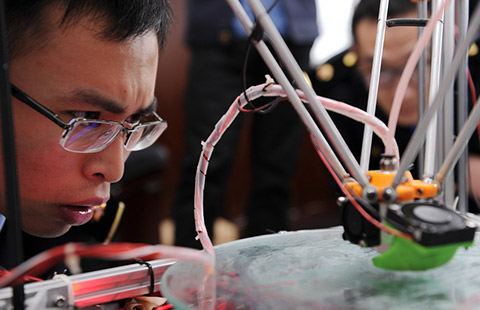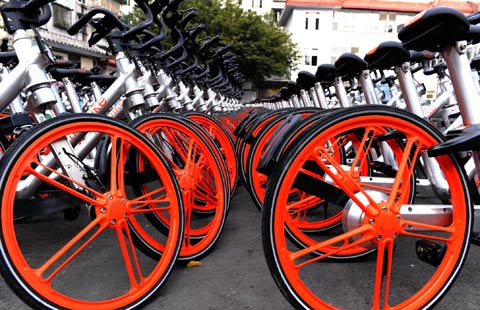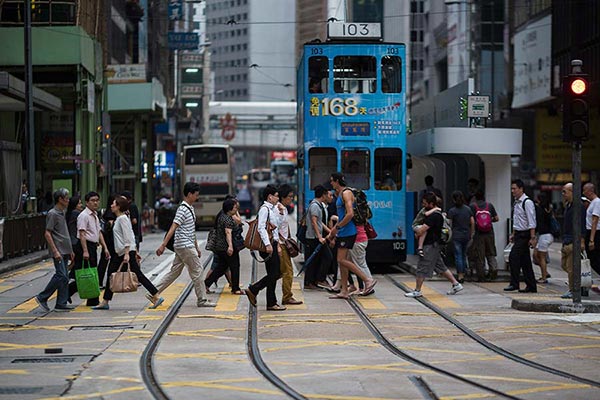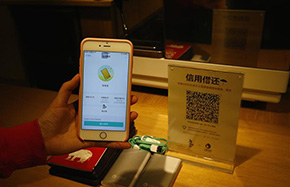Property curbs to stay in bid to check prices
To keep property prices in check, the government has taken an array of measures, ranging from raising the minimum down payment and higher interest rates for second-home mortgages to putting a conditional ban on the buying of properties by non-local residents.
A property tax was also launched in Shanghai and Chongqing on a trial basis. "We will stick to the policy to restrain speculative home purchasing", while supporting those who buy property for their own use, Wen said in a statement issued after the meeting.
Local governments in major cities should publish their annual targets for property price rises and improve accountability, he said.
Meanwhile, the government will at least maintain the land supply, and increase it in some cases, and boost the construction of the government-subsidized housing for low-income households, the State Council said.
The land supply for residential projects in 2013 will be in line with the average of the past five years. But a greater supply will be allocated to medium-sized and small apartments. A total of 4.7 million of subsidized units will be completed this year while construction will start on another 6.3 million units.
After the Spring Festival holiday week, housing sales have remained robust in large cities.
In the Tiantongyuan neighborhood of northern Beijing, Li Yubin, an estate agent with HomeLink, said: "We sold eight apartments in just the few days after the holiday. This was unimaginable over the past three years."
The number of potential buyers "has far exceeded" sellers, he said.
In Beijing, the average price of lived-in property has risen around 23 percent since October, according to HomeLink.
Meanwhile, land sales in 10 key cities almost tripled in the first month of 2013, fueled by property developers' improved cash flow and expectations of a rosy real estate market this year.
The rebound of the market fuel speculations that curbs will be boosted.
Media reports said that the down payment for second-home purchasers will probably be increased to 70 percent from the existing 60 percent, and the mortgage rate will also be hiked to 1.3 times the benchmark interest rate instead of the current 1.1 times.
"The government still has measures that could be used to cool down the sizzling market, such as tightening up bank loans to property developers and increasing the down payment for second home purchases," said Liu Chunyan, executive director of real estate service provider World Union.
However, he admitted that the prime property in key cities will face huge price hike pressures in 2013, due to the supply-demand imbalance. "But soaring prices across the country are still unlikely, considering the government's determination to rein in runaway property prices."























